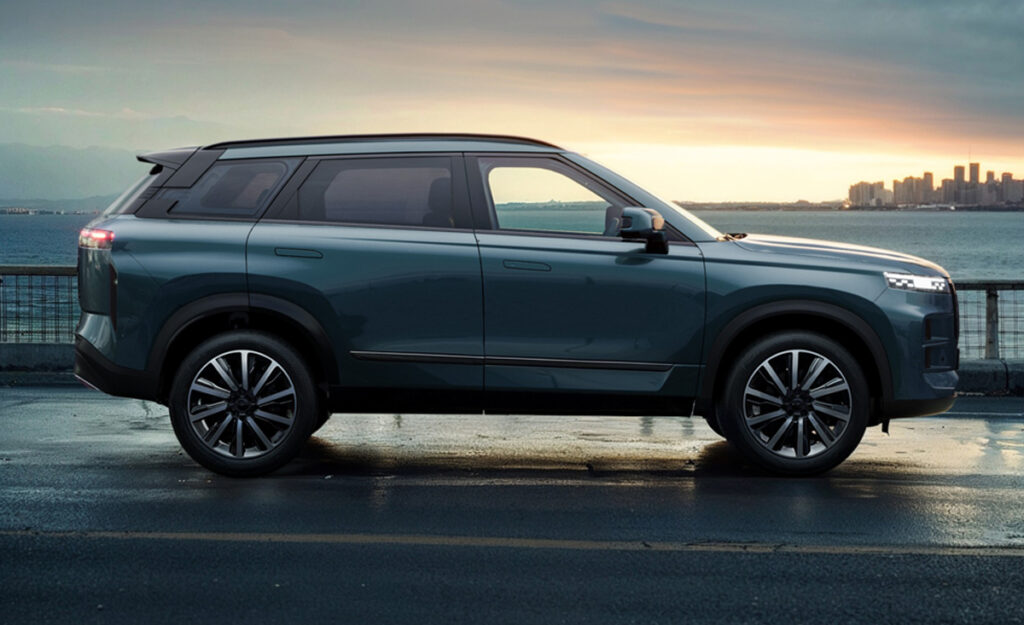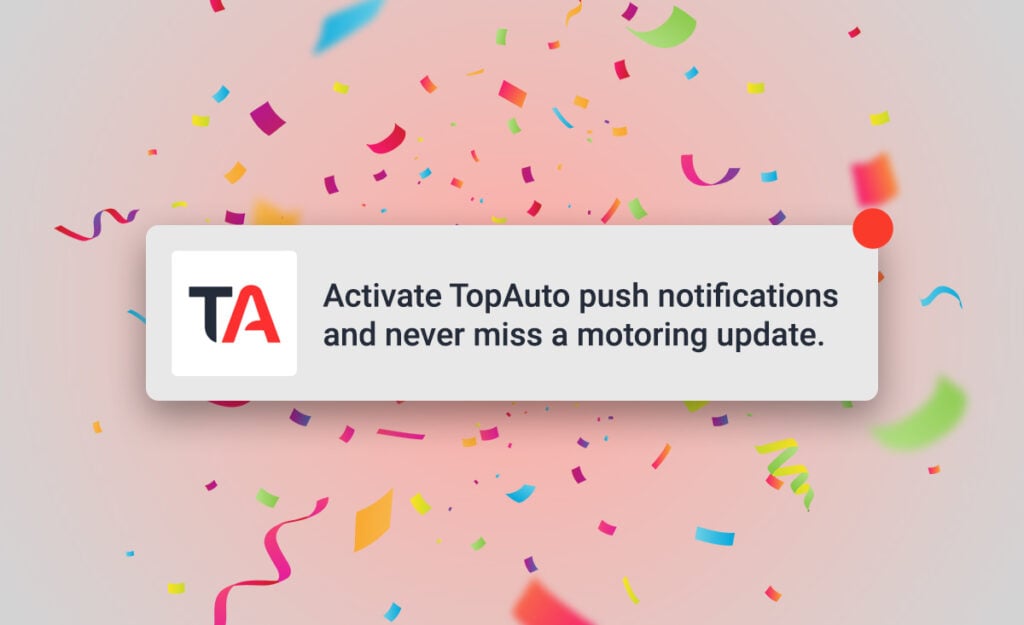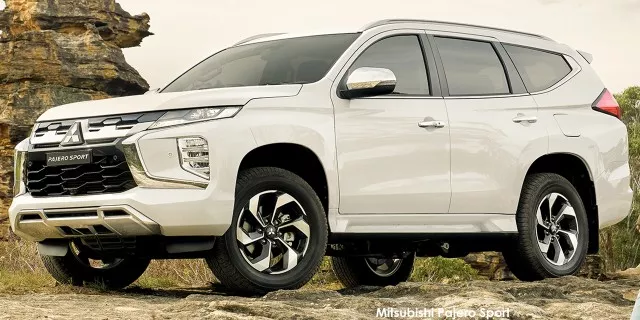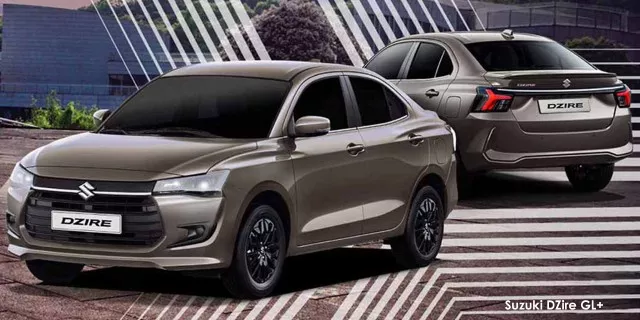The fuel-efficient Chinese SUV launching in South Africa next month

A new plug-in hybrid (PHEV) SUV is scheduled to land in South Africa next month in the form of the Jaecoo J7 SHS.
The Chinese carmaker recently confirmed that the new model will arrive by the end of May 2025, putting its release window just over a month from now.
What to expect
Jaecoo launched in South Africa in early 2024, forming the second half of the “O&J” brand alongside another Chinese car brand – Omoda – which debuted the year before.
Since its launch, the only model in the Jaecoo catalogue has been the J7, but this will soon change with the addition of four new cars set to appear before the end of 2025.
This includes the all-new J5, J6, and J8, but the first model lined up for our market is the J7 PHEV, which officially goes by the name “J7 SHS.”
Unlike the regular J7, which uses a 1.6-litre turbocharged petrol engine, the SHS features a slightly smaller 1.5-litre turbocharged block paired with an electric motor.
The non-electric SUV produces 145kW and 290Nm, while the hybrid produces a much greater 255kW and 525Nm thanks to its secondary power source.
Of course, the main selling point of a plug-in hybrid is its ability to function as an electric car for short distances, which is something the J7 delivers on.
It has an 18.3kWh battery which is large enough to allow for 90km of petrol-free driving.
Combined with its fuel tank, the SUV can travel for up to 1,200km without interruption, according to the manufacturer.
Also worth noting is that the battery can be charged from 30 to 80% in under 30 minutes when using a DC fast charger.

Jaecoo has yet to provide an official breakdown of the car’s specs, but it will presumably feature many of the same amenities found on the existing J7 roster.
This means buyers can expect items such as automatic LED lights, smart door handles, leather upholstery, electric front seats with heating and ventilation, a heated steering wheel, a 10.25-inch digital driver’s display, and a 14.8-inch infotainment system with smartphone mirroring.
Other niceties will likely comprise a Sony stereo, a heads-up display, a wireless smartphone charger, an electric tailgate, a 360-degree camera, adaptive cruise control, and blind-spot monitors.
Pricing is another detail that has yet to be announced, but the PHEV is all but certain to cost more than the petrol units which go for between R549,900 and R679,900.
Even if it comes at a significant mark-up, the J7 SHS is still likely to be the second-most affordable PHEV in the country after the recently-introduced BYD Sealion 6, which starts at R639,900.
Admittedly, there’s not a lot of competition at the moment, as the second “cheapest” PHEV behind the BYD is the R1-million BMW X1.
Even so, the J7 is sure to be another entry in a rapidly expanding segment of hybrid cars that can be described as “reasonably affordable” for the average household.








